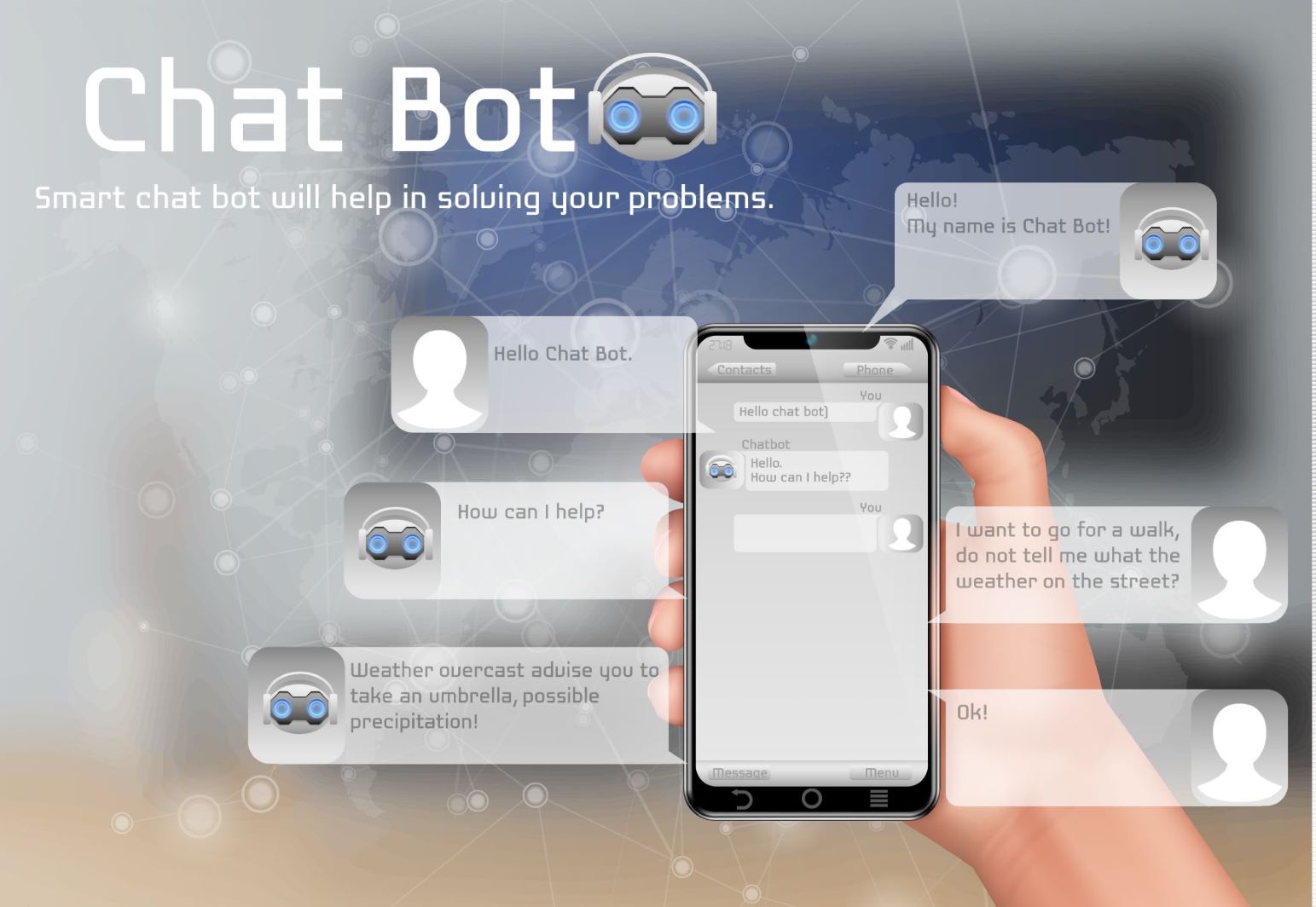Here is a brief overview of chatbots.
A chatbot is a computer program designed to simulate conversation with human users, especially over the Internet. Chatbots are often used to perform a variety of tasks, such as answering customer service questions, providing information, and helping to complete transactions.
Some chatbots use natural language processing (NLP) to understand and interpret user input, while others rely on pre-written responses or a set of rules to determine their responses. Chatbots can be integrated into a variety of platforms, including social media, messaging apps, and websites.
They are becoming increasingly popular due to their ability to handle a high volume of interactions and provide quick and convenient service to users.
How do chatbots work?
There are a few different ways that chatbots can work, but one common approach is as follows:
- The chatbot is programmed with a set of rules or a decision tree to determine how to respond to user inputs.
- The user sends a message or request to the chatbot through a platform such as a messaging app or website.
- The chatbot receives the message and processes it according to its programming.
- The chatbot generates a response and sends it back to the user.
Some chatbots use natural language processing (NLP) to understand and interpret user input. These chatbots are trained on a large dataset of human language and use algorithms to recognize patterns and extract meaning from the user’s message. NLP chatbots can be more sophisticated and better able to understand context and intent, but they also require more resources to develop and maintain.
Other chatbots use machine learning techniques to learn from user interactions and improve their responses over time. These chatbots may be able to handle more complex tasks and adapt to changing user needs, but they also require a larger dataset and more computational resources to train.
What are the benefits of chatbots?
There are several benefits to using chatbots, including:
- Convenience: Chatbots are available 24/7 and can handle a high volume of interactions, so they can provide quick and convenient service to users.
- Cost-effectiveness: Chatbots can handle many tasks automatically, which can save time and reduce the need for human labor.
- Personalization: Chatbots can provide personalized recommendations and information based on user preferences and history.
- Improved efficiency: Chatbots can handle simple tasks quickly and accurately, freeing up human employees to focus on more complex tasks.
- Enhanced customer experience: Chatbots can provide fast and accurate responses to customer inquiries, improving the overall customer experience.
- Increased engagement: Chatbots can encourage user engagement through personalized communication and interactive features.
- Data collection: Chatbots can collect valuable data on user preferences and behaviors, which can be used to improve products and services.
How do businesses use chatbots?
Businesses use chatbots in a variety of ways, including:
- Customer service: Chatbots can handle customer inquiries and provide information, such as order status or account information.
- Sales and marketing: Chatbots can assist with the sales process by providing product information and recommendations, or by helping users complete purchases.
- Lead generation: Chatbots can collect user information, such as email addresses, to generate leads for the business.
- Appointment scheduling: Chatbots can schedule appointments or reservations for the business.
- Data collection: Chatbots can collect data on user preferences and behaviors, which can be used to improve products and services.
- Social media management: Chatbots can respond to comments and messages on social media platforms, helping to manage the business’s online presence.
- Employee assistance: Chatbots can help employees by providing information and completing tasks, such as booking travel arrangements or ordering supplies.
Overall, chatbots can help businesses save time and resources, improve efficiency, and enhance the customer experience.
What are some frequently asked questions about chatbots?
Some common questions about chatbots include:
- How do chatbots understand and interpret user input? Some chatbots use natural language processing (NLP) to understand and interpret user input, while others rely on a set of rules or a decision tree to determine their responses.
- Can chatbots handle complex tasks? Some chatbots are able to handle more complex tasks, such as providing personalized recommendations or completing transactions, while others are limited to providing information or assistance with simple tasks.
- How do chatbots learn and improve? Some chatbots use machine learning techniques to learn from user interactions and improve their responses over time. These chatbots may be able to handle more complex tasks and adapt to changing user needs, but they also require a larger dataset and more computational resources to train.
- Are chatbots safe and secure? Chatbots are generally considered safe, as they do not have access to sensitive personal information. However, it is important to use caution when interacting with chatbots and to be aware of potential scams or malicious chatbots.
- How can businesses use chatbots effectively? To use chatbots effectively, businesses should consider the specific needs and goals of their customers and design the chatbot to address those needs. It is also important to ensure that the chatbot is integrated into the business’s overall customer service strategy and that it is able to handle a high volume of interactions.










